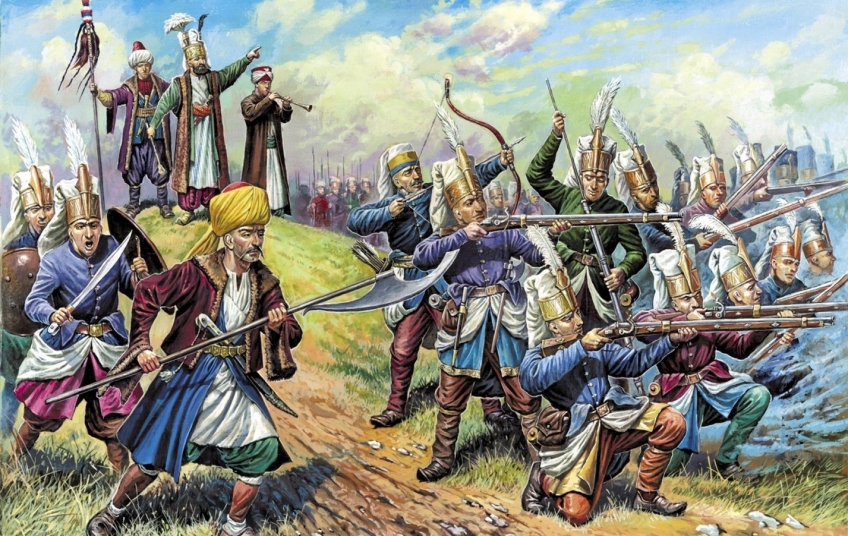Even though it did not come as a surprise, for the majority of the public it seemed impossible that Turkey would directly enter the South Caucasus, and aim the first blow at us.
The processes taking place in the international relations and the weakening of the US position accelerated the ambitions for the restoration of historical empires, and Turkey plays the most active role with its idea of Neo-Ottomanism.
Let us not forget some of the political movements or ideologies that emerged in the late nineteenth and early twentieth centuries, such as Pan-Turkism, Turkism, Turanism, along with Pan-Slavism, Pan-Germanism, Pan-Islamism, Pan-Arabism, etc.. This list can be continued. Pan-Turkism is a singular ideology among its “brethren” Pan-Arabism, Pan-Slavism, Pan-Germanism, Pan-Islamism and other ideologies that were emerged in the nineteenth and still preserved in the twenty-first century.
Moreover, with the efforts of Turkey and Azerbaijan, political structures were created uniting Turkish countries, and working groups were established. The viability of Pan-Turkism is accounted for several reasons, the main of which is preserving its neutrality and bypassing the processes which Germany and Japan faced. The latter lost their foundations of imperial aspirations after they were defeated in WWI. Now we have what we have.
Not only were Imperial ideology and also supranational structures established in Turkey in the face of the Union of Turkic Speaking Countries, the Parliamentary Assembly of the Turkic Speaking Countries, Turkic Council (The Cooperation Council of Turkic Speaking States), etc. These structures have 5 member states, one observer state - Hungary, one potential member - Turkmenistan, and territories in different countries, autonomous associations, which are also considered as future members, after gaining independence.
It is noteworthy that the most important of the organizations, The Cooperation Council of Turkic Speaking States, was established in Nakhichevan (the election of the place had a symbolic meaning}, and it was not accidental that on October 14, 2019 at the 7th summit of the Turkish Council in Baku Aliyev allegedly proclaimed that the common land space of the Turkic world was disrupted by Armenia, and that Zangezur and Armenia in general are territories of historical Azerbaijan.
It is natural that such ideologies pose a threat to neighboring countries. Pan-Turkism is dangerous for Russia, Iran, Greece and even China. Naturally, in terms of small Armenia and Georgia, that danger is greater. And by and large, such ideologies pose a threat to the still existing geopolitical balance.
Everything leads to the formation of a multipolar world, where large coalitions will be established. International politics returns to the classical model of the XIX century world order: coalitions are formed on the basis of very specific mercenary issues. But let us not forget that any challenge poses both dangers and opportunities. This refers to Armenia as well.





